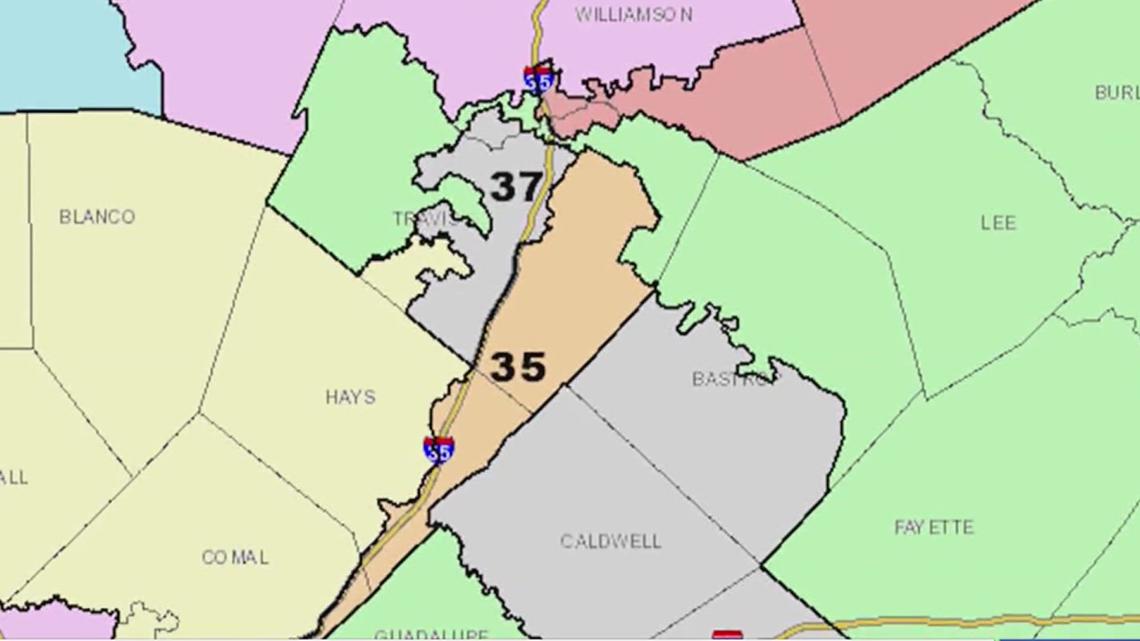
“If we’re not happy with what’s going on at the border, your vote will make a difference,” said Corpus Christi LULAC President Nick Adame.
CORPUS CHRISTI, Texas — Texas lawmakers are heading back to the Capitol for a special session, and redistricting is among the hot-button issues on Gov. Greg Abbott’s agenda.
While redistricting typically happens once a decade after the U.S. Census, Del Mar College political science professor Dr. Paul Gottemoller said holding a redistricting session mid-decade is unusual — and likely strategic.
“There has been some real pressure from the White House to redistrict to increase the Republican majority,” Gottemoller said. “They’re going to try to probably pass a map that increases the amount of Republican seats.”
He also raised concerns about the broader impact of redistricting on elections.
“It creates a situation where candidates of lower quality have an easier time getting ahead,” he said.
A recent letter from the U.S. Department of Justice flagged four Democratic congressional districts in the Dallas and Houston areas, citing potential violations of the 14th Amendment and the Voting Rights Act.
Texas’ 27th Congressional District — which covers a large portion of the Coastal Bend — was not among those listed. Still, Gottemoller said local voters shouldn’t tune out.
“Almost everything is back on the table,” he said. “Like, they can, if they want, redraw all of the districts.”
Nick Adame, president of the Corpus Christi chapter of the League of United Latin American Citizens (LULAC), said that even though district lines in this region aren’t expected to change, the issue still hits home.
“If we’re not happy with what’s going on at the border, your vote will make a difference.,” Adame said. “Everything we do here and in any election will help and reverberate all over Texas.”
The special session begins July 21. In addition to redistricting, lawmakers are expected to discuss flood warning systems, public safety, and the regulation of hemp products containing THC.
